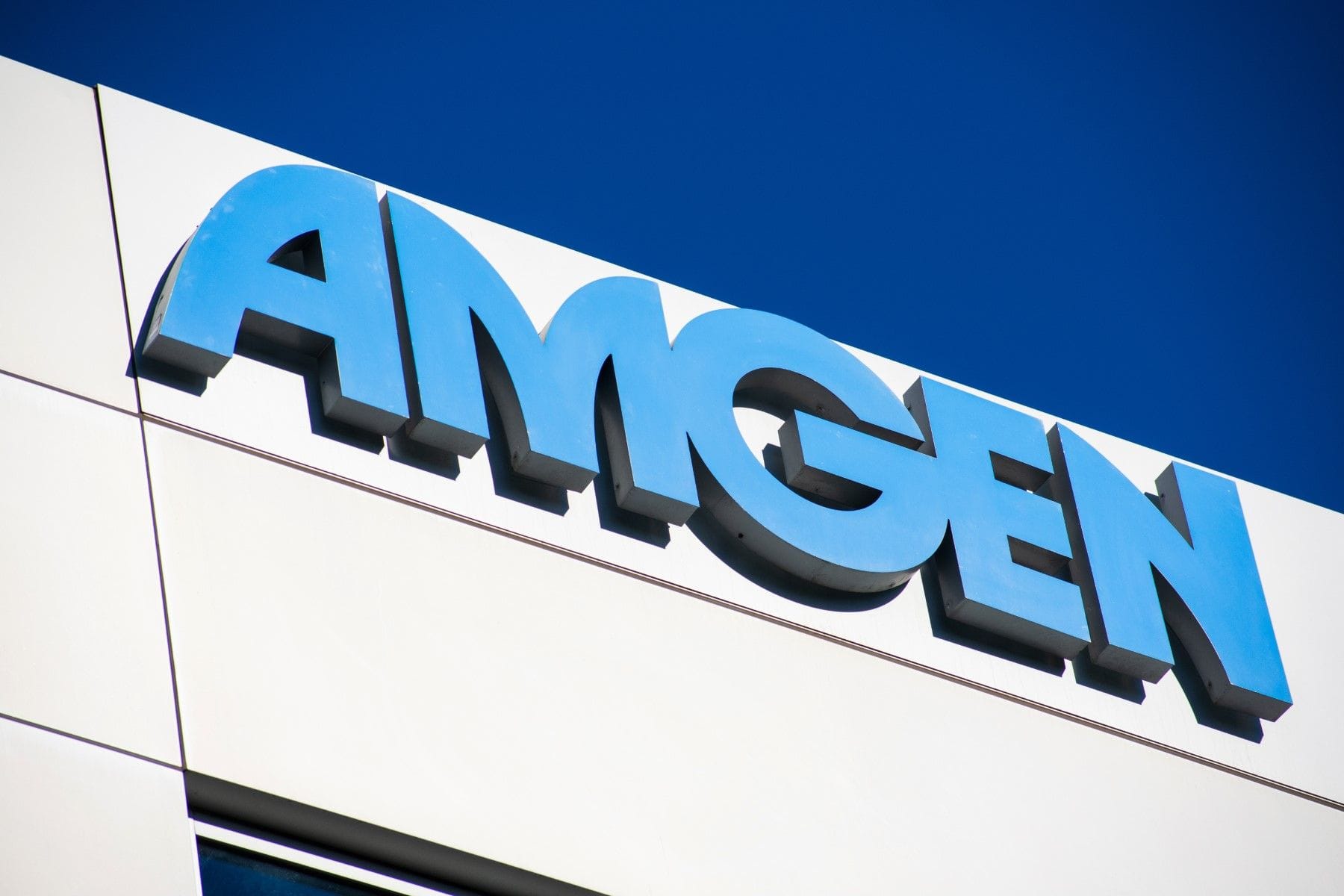Amgen Seeks to Overturn Regeneron’s $407M Antitrust Verdict
Amgen seeks to overturn a $407M antitrust verdict, arguing Regeneron lacked proof of wrongdoing in a high-stakes drug bundling dispute.
Updated on
Amgen Inc. has asked a Delaware federal judge to set aside the nearly $407 million verdict a jury awarded to Regeneron Pharmaceuticals, arguing that the jury's decision lacked a sufficient evidentiary basis. In court documents made public Friday, Amgen requested either a new trial or judgment as a matter of law, claiming that Regeneron failed to meet the legal thresholds required to support its claims of antitrust violations and tortious interference.
The dispute stems from allegations that Amgen illegally bundled its cholesterol drug Repatha with two of its high-performing anti-inflammatory medications, Enbrel and Otezla. According to Regeneron, this bundling strategy unfairly pressured pharmacy benefit managers (PBMs) to favor Repatha over Regeneron's competing cholesterol drug, Praluent, ultimately diminishing Regeneron’s ability to compete and forcing it to lower prices.
In May, a jury sided with Regeneron on nearly all claims, awarding $135.6 million in compensatory damages and $271.2 million in punitive damages—a total of $406.8 million. The verdict included findings of monopolization, restraint of trade, and tortious interference, along with violations of California’s Cartwright Act and New York’s Donnelly Act.
Amgen Disputes Regeneron’s Economic Model and Evidence
Amgen's challenge to the verdict focused heavily on the sufficiency of Regeneron's evidence during trial. In its brief, Amgen criticized the damages model presented by Regeneron’s expert, particularly the $100 million in estimated losses tied to CVS’s formulary decisions. According to Amgen, the expert provided a “bottom-line number and nothing else,” depriving the jury of a reliable basis to calculate damages.
Moreover, Amgen argued that Regeneron failed to demonstrate Repatha’s market power—a key element in any antitrust claim. While Regeneron pointed to pricing differences between the two drugs, Amgen asserted that no evidence linked those disparities to monopolistic conduct.
“Amgen’s large investment in, and Regeneron’s abandonment of, sales and marketing gave Repatha superior sales generating greater rebates,” Amgen said in its filing, adding that these competitive advantages do not equate to anti-competitive behavior.
Bundling Strategy Defended as Lawful Competition
Amgen also contended that the bundling strategy at the heart of Regeneron’s complaint was a legitimate form of competition, not an unlawful restraint of trade. The company emphasized that bundling can often benefit consumers and increase competition by offering more cost-effective solutions to PBMs and patients.
“Regeneron’s conclusory assertion that the mere existence of bundling here removed competition writes the required element of harm to competition out of the law,” Amgen argued.
Pushback on Tortious Interference and Punitive Damages
On the tortious interference claim—associated with over $270 million in punitive damages—Amgen argued that the evidence presented was especially weak. Regeneron claimed it lost business opportunities due to Amgen’s conduct, but Amgen countered that Regeneron was never barred from entering contracts with PBMs. Instead, Amgen said, PBMs independently opted not to include Praluent on their formularies or offered terms Regeneron found unacceptable.
“Regeneron concedes Amgen did not prevent it from entering any contract,” the brief noted. “It only says that each PBM either unilaterally decided not to cover Praluent on its formulary … or did not give Regeneron the terms it desired.”
Amgen also objected to the imposition of punitive damages, which are rarely awarded in tortious interference cases absent extreme misconduct such as fraud or extortion. No such behavior was alleged or proven here, Amgen emphasized.
Legal Teams and Next Steps
Regeneron is represented by a team including Jonathan Polkes and Adam Banks of White & Case LLP, David Wilks and Scott Czerwonka of Wilks Law Firm, Jessica Falk, Robert Niles-Weed and Rachel Williams of Weil Gotshal & Manges LLP, and Eric Hochstadt of Orrick Herrington & Sutcliffe LLP.
Amgen’s defense includes attorneys from Gibson Dunn & Crutcher LLP, among them Eric Stock, Ben Sherwood, and Ashley Johnson, as well as Melanie Sharp and her team from Young Conaway Stargatt & Taylor LLP.
The case, Regeneron Pharmaceuticals Inc. v. Amgen Inc., case number 1:22-cv-00697, is being heard in the U.S. District Court for the District of Delaware. The court has not yet ruled on Amgen’s motion.


